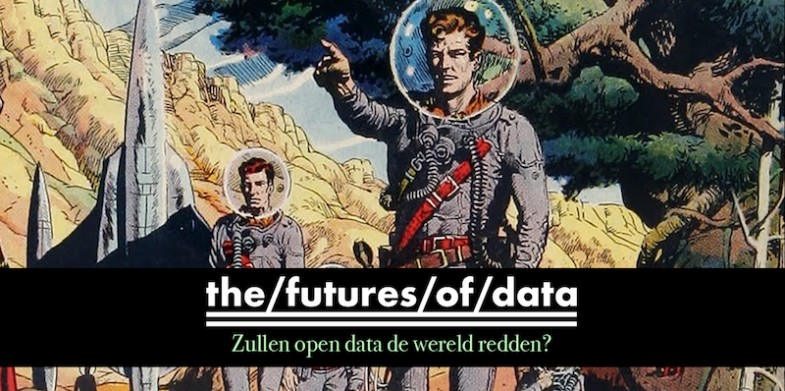t/f/o/d part I: Will open data save the world?
Share

Each and every one of us is a number somewhere. And we're all constantly leaving data behind everywhere. What if datasets were to open and available to everyone? Would open data enhance our lives? It is the central question of our first talk.
the Futures Of Data is a research project by Trendwolves, in which we ask ourselves how the endless amount of data that is created and gathered daily will impact our lives in the short and in the long run. This was part II (data & music), part III (data & media), part IV (data & entrepreneurship) & The Futures of Data Conference. All info on www.tfod.be
Our first t/f/o/d talk and showcase (January 25th) featured data Artist Dries Depoorter, Chief Data and Information of Stad Gent Bart Rosseau, Pieter-Jan Pauwels from Open Knowledge Belgium and Alexander De Croo, Deputy PM and Minister for the Digital Agenda, debated Belgium's digital strategy.
Here's a recap:
Not sure what open data is about? Browse our Open Data FAQ
- What is Open Data?
The definition reads: "Open data is data that can be freely used, re-used and redistributed by anyone - subject only, at most, to the requirement to attribute and sharealike." Which means we're talking about aggregated, non-personal data: data that can't be linked directly to one person or another. We're talking traffic data, governemental data such as population data
- What's Open Data to me?
Today, 2.5 exabytes of data is produced per day, which is equivalent to 90 years of HD video. That's an awful lot, but for now, only very few systems can actually work with huge amounts of data in a valuable manner. Value arises when we can analyze, use and combine data in such a way that we can commute, talk, decide, live better and in a more sustainable way. The key to open data is that everyone can use them, and thus that everyone can co-operate to form systems and tools that help us to reach these goals ("Wisdom of the crowd")
- Why are we talking about Open Data now?
Open Data an sich is not new. The amount of data that is being produced and collected today, is. For now, we can't do that much with it. But it's only a question of time. A lot of engineers and techies are wrapping their brains around the technical problems. It is our task, each and every one of us, to come up with implementations and usefool tools, with creative ideas and ethical questions. And we have to do it now, so we can tell the techies what to do :-)